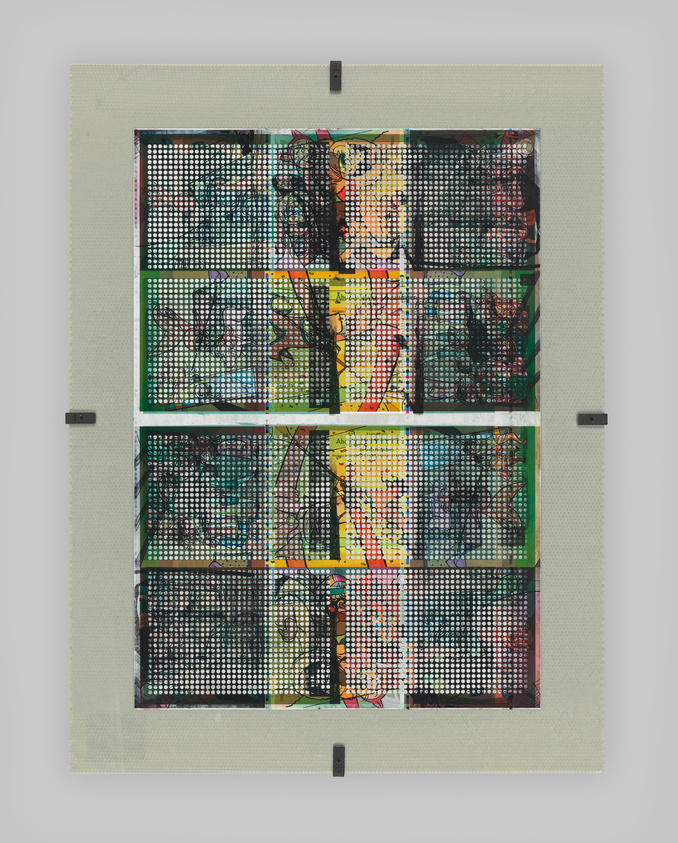Sam Lewitt
Feb 24, 2012
0:00
Sam Lewitt
0:00
Narrator: Ever since Ferrofluid first went commercial in 1968, marketers and manufacturers have described it in optimistic terms. It’s self-regulating. It’s self-organizing. It’s adaptable. It’s flexible. These terms assumed a new kind of life and force in the 1960s. In a time of great change and utopian thinking, they became essential to the language of personal, political, and social progress. Today these terms have been taken up by the mainstream. In Lewitt’s view, they have become ideologically rigid—undergoing a hardening process roughly analogous to the one he stages using Ferrofluid.
Sam Lewitt: I was really interested in, actually, that date of 1968, because the emergence of this material not only comes out of the labs of private research and development at a moment of immense social upheaval where indeed these terms like self-organization had a sort of emancipatory tone. And that this material could emerge in that situation seemed, I don’t know, maybe not a total coincidence. And maybe it’s not a total coincidence that that language of self-organization and flexibility ended up becoming the sort of dominant vocabulary that became the stuff of human-resources management and neo-liberal capitalism.


